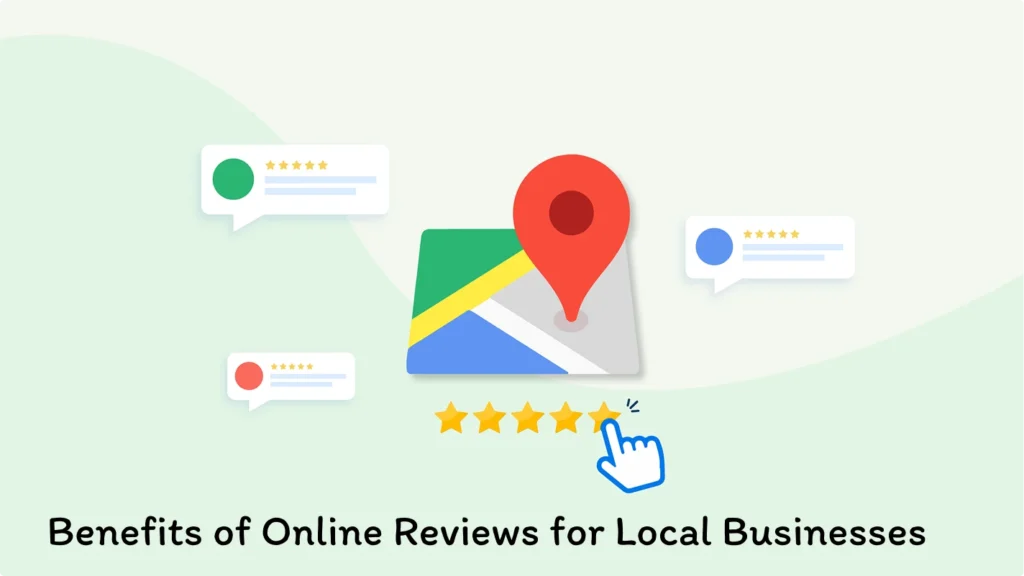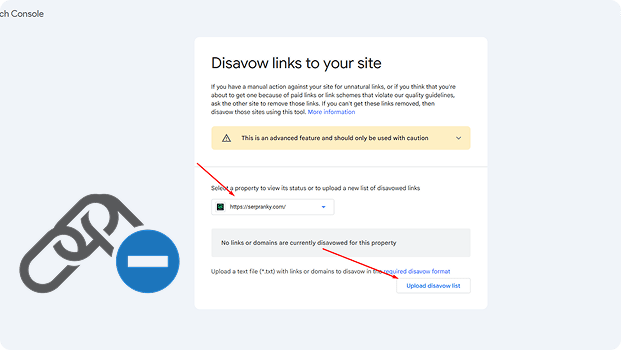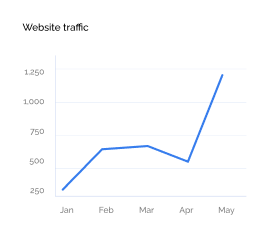Benefits of Online Reviews for Local Businesses
Imagine walking into a new restaurant or hiring a local service without knowing a thing about them. Sounds risky, right? That’s where online reviews come to your rescue. As a local business owner, you might wonder how these reviews impact your growth and customer trust. The truth is, online reviews are more than just comments on a webpage—they are powerful tools that can transform your business. They hold the key to attracting new customers, enhancing your reputation, and boosting your sales. Curious about how this works? Stick around, as we delve into the remarkable benefits online reviews can bring to your local business and why they are essential for your success. Benefits Of Reviews Online reviews play a crucial role for local businesses in today’s digital age. They offer a window into customer experiences and influence potential buyers. Reviews can build trust, improve visibility, and drive sales. Here, we explore the key benefits that online reviews bring to local businesses. Improved Trust And Credibility Customers tend to trust businesses with positive reviews. A high number of good reviews can build a business’s reputation. It shows that the business is reliable and offers quality services or products. Trust attracts more customers and keeps existing ones loyal. Better Search Engine Visibility Online reviews can boost a local business’s visibility in search engines. Search engines prioritize businesses with positive reviews. This can lead to higher rankings in search results. Higher rankings mean more visibility and potential customers. Customer Feedback And Insight Reviews provide valuable feedback from customers. They highlight what customers like and what needs improvement. This insight helps businesses improve their services. It can lead to better customer satisfaction and loyalty. Increased Sales And Revenue Positive reviews can influence buying decisions. They can turn curious visitors into paying customers. More sales lead to increased revenue. For local businesses, this is a significant advantage. Enhanced Customer Engagement Engaging with reviews shows customers that a business cares. Responding to reviews, both positive and negative, builds a connection with customers. It shows that the business values their feedback and is committed to improvement. Competitive Advantage Businesses with more positive reviews stand out from competitors. A strong review profile can attract more customers. It provides a competitive edge in a crowded market. What Are The Benefits Of Online Reviews? Online reviews have become a crucial part of the digital landscape for local businesses. They offer potential customers a glimpse into the experiences of others and help businesses build trust and credibility. But what are the real benefits of online reviews? Understanding these can help businesses harness the power of reviews to grow and succeed. Enhanced Visibility And Reach Online reviews can boost your business’s visibility. Search engines favor businesses with positive reviews, placing them higher in search results. This increased visibility attracts more local customers. More eyes on your business means more potential sales. Improved Customer Trust People trust online reviews as much as personal recommendations. Positive reviews build trust with potential customers. They see real experiences and feel more confident choosing your business. Trust leads to higher conversion rates and more sales. Valuable Customer Feedback Reviews provide honest feedback from customers. They highlight what your business is doing well and where it can improve. Use this feedback to refine your services and products. Addressing customer concerns shows you value their opinions. Better Customer Engagement Engaging with reviews shows customers you care. Responding to reviews, both positive and negative, creates a dialogue. This interaction builds a stronger relationship between you and your customers. It shows that their opinions matter. Competitive Edge Businesses with positive reviews stand out from competitors. Customers often choose businesses with higher ratings and more reviews. A strong online reputation gives you an edge in a crowded market. It attracts more customers to your door. Increased Sales And Revenue Positive online reviews have a direct impact on sales. They influence potential customers’ decisions to make a purchase. More positive reviews can lead to increased sales and higher revenue. They are a powerful tool for business growth. Why Are Reviews Important For Small Businesses When It Comes To Winning More Business? Online reviews have become a key factor in the success of local businesses. For small businesses aiming to gain more customers, reviews are not just feedback. They are vital tools for growth. Reviews help in building trust, enhancing visibility, and providing valuable insights. Understanding why reviews are important can help small businesses thrive in a competitive market. Why Trust Matters Trust is the foundation of any business relationship. Potential customers often rely on reviews to decide whether to engage with a business. A collection of positive reviews can serve as social proof. This makes new customers feel more confident in choosing your business. A study showed that 84% of people trust online reviews as much as personal recommendations. Boosting Search Engine Visibility Search engines favor businesses with numerous and recent reviews. These reviews signal activity and reliability. When a business has more reviews, search engines tend to rank it higher in local searches. A higher ranking means more visibility. This can lead to more foot traffic and increased sales. Valuable Customer Insights Reviews offer direct insights into customer satisfaction. They highlight what customers love or dislike about your business. This feedback can guide improvements. By addressing common concerns, a business can enhance its services. This can lead to better customer experiences and more positive reviews. Competitive Edge In a crowded market, standing out is crucial. Reviews can differentiate a business from its competitors. A higher number of positive reviews can tilt customer preference in your favor. Customers are more likely to choose a business with a proven track record. Benefit Description Trust Building Reviews act as social proof, increasing customer trust. SEO Boost Positive reviews can improve local search rankings. Customer Feedback Provides insights for business improvement. Competitive Advantage Helps a business stand out in a crowded market. Encouraging Customer Engagement Engagement is key to building long-term relationships. Responding to reviews shows




